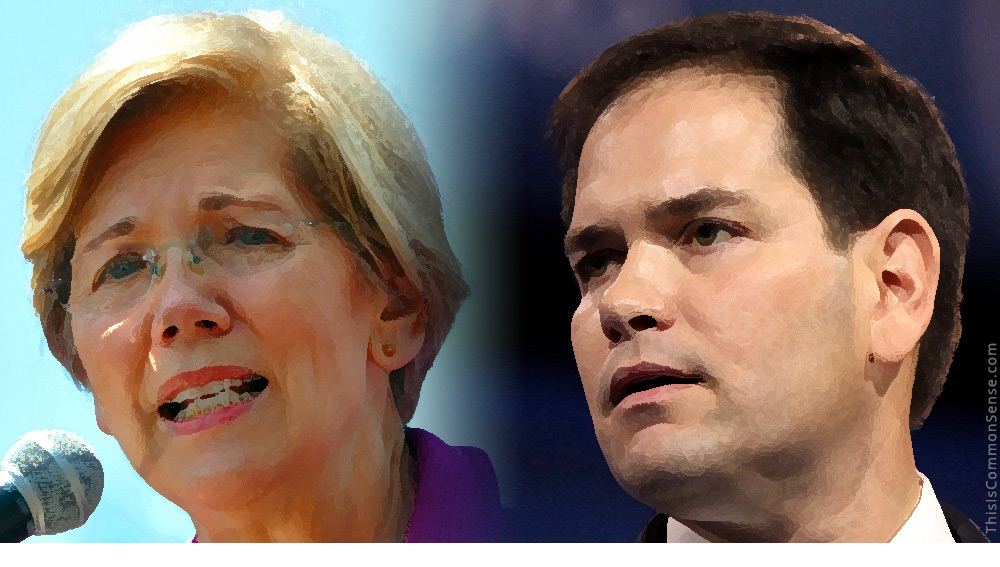What do citizens lack most at all levels of government? Truth in accounting.
So Sheila Weinberg really has her work cut out. This very morning, her Chicago-based research-tank called, not coincidentally, Truth in Accounting released its annual Financial State of the States report. The new data shows that “the total debt among the 50 states decreased by $62.6 billion in FY 2018 due to a prosperous economy.”
But that’s where the good news ends. “Every state, except for Vermont, has balanced budget requirements,” notes the report, “yet even with these rules in place, states have accumulated more than $1.5 trillion in debt.”
Almost entirely from unfunded pension and employee benefit liabilities.
“At the end of the fiscal year (FY) 2018, 40 states did not have enough money to pay all of their bills. This means that to balance the budget . . . elected officials have not included the true costs of the government in their budget calculations and have pushed costs onto future taxpayers.”
Put another way: Your government is lying to you.
One interesting feature of the analysis is its top five “Sunshine States” —
- Alaska
- North Dakota
- Wyoming
- Utah
- Idaho
— and its bottom five “Sinkhole States” —
- Hawaii
- Massachusetts
- Connecticut
- Illinois
- New Jersey
Fun fact: It just so happens that all five of the top states have a statewide process of voter initiative and referendum, while none of the “sinkhole states” have this democratic check.
The new online State Data Lab has the skinny on every state. Compare your state against the rest.
Be brave.
This is Common Sense. I’m Paul Jacob.

—
See all recent commentary
(simplified and organized)


